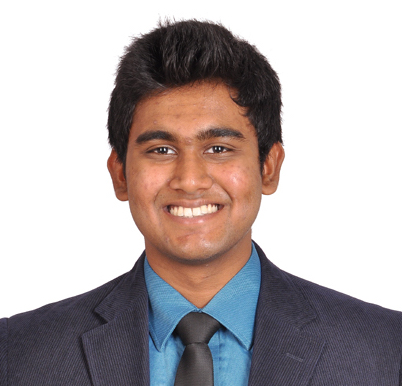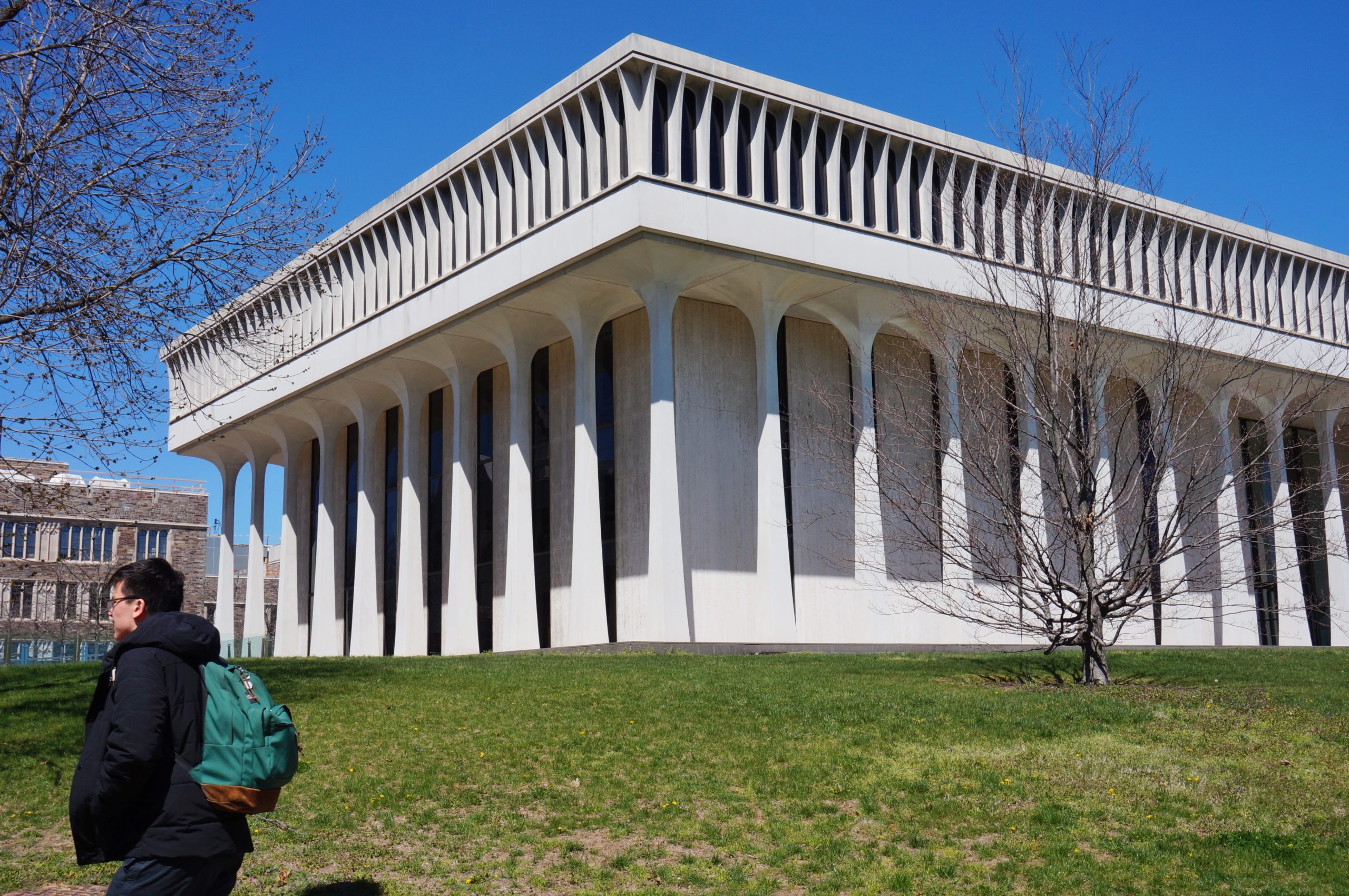Akhil Rajasekar: Free Speech is the Ultimate Act of Tolerance
School: Princeton University
Q: As a Constitutional Law student, do you think the First  Amendment is valued and upheld in higher education?
Amendment is valued and upheld in higher education?
A: It’s hard to say whether the First Amendment is upheld in academia as a general matter because that is an empirical question. What is obvious, however, is the constant threat under which the values of free speech and free thought exist.
Reagan once said that freedom was never more than one generation from extinction, and this is doubly true of the freedom of speech. Where it exists, it must be defended. Where it hobbles along, it must be strengthened. Where it has died, it must be revived. The ideal of free speech is never more in need of support than in a time fraught with tension and emotion. The fight for free speech is a perpetual battle. It can never be counted as perfectly secure, and must be fought for and vigorously defended every single day.
Q: Where do you see areas for improvement in free speech issues and policies on college campuses?
A: There are many avenues for improvement on this front. It is vital that educational institutions resist every temptation and pressure to shelter orthodoxies from challenge and criticism. This means having a wide range of available courses drawn from different traditions, ideologically diverse bodies of faculty and students, requiring no “training” or reeducation camps, and, generally, creating no safe spaces where a member of the community is safe from having his or her most cherished beliefs, values, and convictions challenged. The freedom to ask uncomfortable questions and challenge established understandings is what makes for a sound liberal arts education.
Q: You’re the president of the Federalist Society at Princeton University and a leader of the school’s Open Campus Coalition. What role can groups like this play in fighting a culture of censorship on colleges and universities?

A: Groups like this, simply by their existence and operation, show that free speech is an important value to protect on campus. They encourage open debate on, and discussion of, important issues and believe strongly in the power of free thought and free speech. This is a culture to which institutions like the James Madison Program in American Ideals and Institutions also contribute in an important way. It is vital that we constantly fight for free speech and open discourse, and seeing groups in action that engage all sides of a divisive question with equal grace is more important than talking endlessly about how great the value is in the abstract. (Read Akhil’s defense of the Open Campus Coalition in an opinion piece published in the Daily Princetonian).
Q: How can we instill the importance of free speech into college students who are told that tolerance is more important than speech?
A: I have to say, I always chuckle when asked this question because of its incredible irony. It is interesting to juxtapose tolerance and free speech as oppositional values when the fact is that free speech is the ultimate act of tolerance. It is hardly a display of tolerance to “tolerate” the views of those with whom one agrees; that is among the easiest feats in the world. The true test of tolerance, open-mindedness, and humility is how well one engages with thought, speech, and academic pursuit that is at odds with one’s most cherished beliefs and values.
“Tolerance” that places itself at odds with open-minded discourse is ersatz tolerance that sails under a false flag, seeking to advance its preferred orthodoxy on the masses by promoting a false dichotomy. Respectfully engaging in productive, constructive debate and discussion is perhaps the single most potent cure for this phenomenon. If it can be seen how free speech and free thought work in practice in civil society, this will show many people of good faith that these ideals are eminently compatible with tolerance and inclusivity.
###
